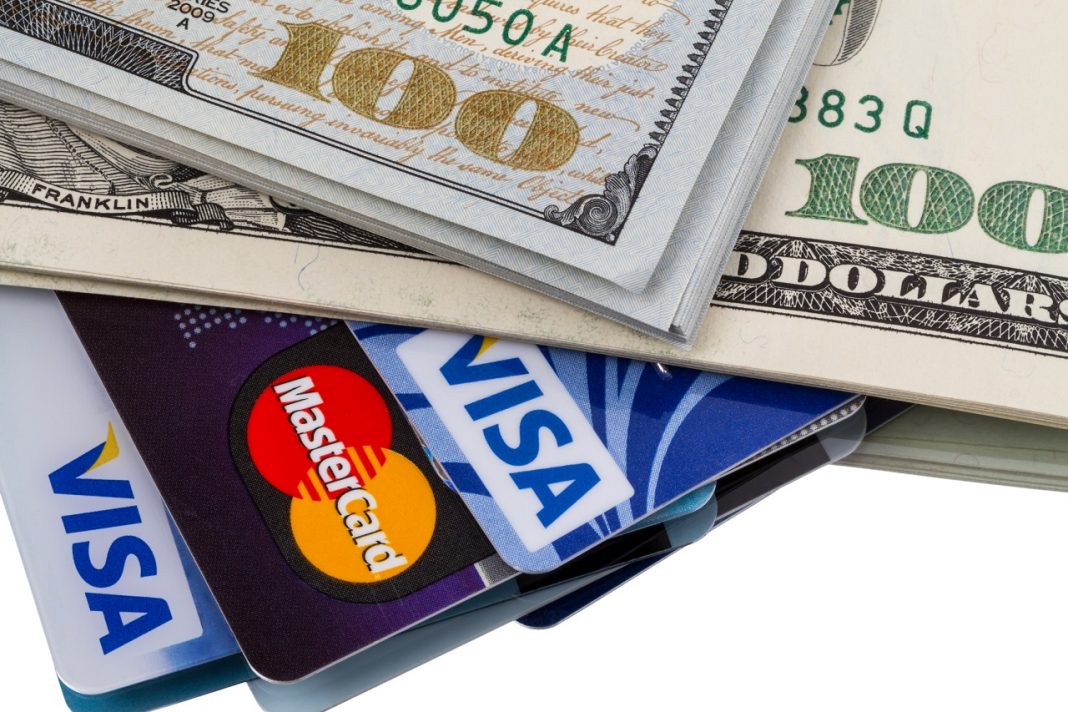Debit & credit so often used but also confused at times. An average person usually believes debit means plus and credit means minus but that’s not always the case. To understand debit and credit let’s trace back to its origin. Image by Techicy.

Difference between Debit, Credit, know your cards!
Both words have Latin roots.
Debit comes from the word Debitum, meaning “what is due,”
Credit comes from ‘Creditum’, meaning “something entrusted to another or a loan.”
Usually, when you go to the bank to deposit money you can hear the banker say they will credit your account not debit, wonder why?
Well here’s the reasoning behind it. Suppose you handle business and receive a check from your customer for providing him/her with goods. You, in the books of your business, would debit your cash a/c with 1000/- and as debit and credit are equal you will credit the account of the customer with 1000/-.
Likewise when you take that check to the bank to deposit it the bank will:
1. Debit its cash account with 1000/-
2. Credit your account with 1000/- as their liability to you increases.
Confusing isn’t it? Yeah.
Let’s talk about Debit, Credit Cards
These cards typically look almost identical, with 16-digit card numbers, expiration dates, and personal identification number (PIN) codes. They may look the same but that’s where the similarity ends.
Debit cards are used to draw funds from the bank which are already deposited in the bank.
Credit cards are a little more complicated than debit cards. Credit cards usually let the user lend money up to a certain limit with an agreement to pay back the money with interest.
Credit cards usually offer more protection than debit cards through warranties but they are more expensive.
There are 4 categories in which credit cards are issued:
• Standard cards simply extend a line of credit to their users.
• Rewards cards offer cash back, travel points, or other benefits to customers.
• Secured credit cards require an initial cash deposit that is held by the issuer as collateral.
• Charge cards have no preset spending limit, but often do not allow unpaid balances to carry over from month to month.
Also, read Reasons why you must have a second source of Income too.




